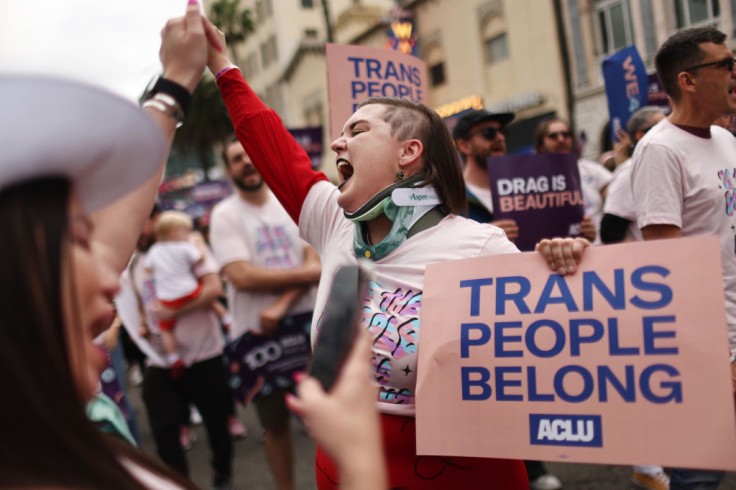
The Utah transgender bill has already been passed by lawmakers.
The controversial transgender bathroom access law in Utah will now prohibit them from accessing school and government bathrooms that do not align with their corresponding biological identity.
The bill has now progressed and is waiting for implementation. The House Bill 257 is titled "Sex-based Designations for Privacy, Anti-bullying and Women's Opportunities," which states the definition of a female and male is based on a person's genitalia rather than their chosen gender identity.
This is not the first time that Utah has placed stringent regulations targeting the transgender and LGBTQ communities in the state. In fact, this is the third year in a row where politicians in the state have placed limitations on the rights and freedoms of the LGBTQ community in Utah.
Utah Transgender Bill Applies in Schools and Government Buildings
On the recent Friday session, Utah legislators voted to approve House Bill 257, officially titled "Sex-based Designations for Privacy, Anti-bullying, and Women's Opportunities."
This bill introduces a notable legal nuance by defining "male" and "female" based on anatomical characteristics rather than gender identity.
Notably, its focus is specific, honing in on transgender bathroom access within educational institutions and government-owned facilities. This legislative development is part of a larger pattern of restrictive measures impacting the rights of transgender individuals in the state.
The recent legislative move in Utah inevitably draws parallels with North Carolina's infamous House Bill 2 (HB 2), enacted less than seven years ago.
While the North Carolina legislation garnered nationwide outrage and led to widespread boycotts, Utah's House Bill 257 has, surprisingly, evoked relatively muted responses outside local LGBTQ advocacy circles.
The controversy surrounding the bill revolves around its potential to curtail the transgender community's access to public facilities, reigniting a national debate on bathroom access and individual freedoms.
Advocates vs. Critics Unraveling
The divide over House Bill 257 is pronounced between its supporters and critics. Proponents argue that the legislation is a necessary step to prevent potential harm to women in bathrooms and changing facilities.
Utah State Representative Kera Birkeland, lead sponsor of the Utah transgender bill, believes in the importance of having separate spaces and maintaining boundaries with the personal spaces of men and women.
However, LGBTQ advocacy groups, the Human Rights Campaign, and critics of the bill believe that the implementation of this legislation puts transgender people and the LGBTQ community at risk of harm.
The community expresses concern for their safety and also believes that the implementation is a direct infringement on the basic freedoms of the students.
Controversial Transgender Bathroom Access Law in Utah
The destiny of House Bill 257 now rests in the hands of Republican Governor Spencer Cox.
Given the governor's historically varied stances on transgender-related legislation-vetoing a similar bill in 2022 while approving a ban on gender-affirming care for minors last year-uncertainty shrouds whether he will endorse this latest measure.
Simultaneously, LGBTQ advocacy groups, exemplified by Equality Utah, actively continue their endeavors to safeguard transgender youth.
This underlines their unwavering commitment to resisting political attacks on transgender and nonbinary individuals in the state.
This recent legislative development, while echoing debates on transgender rights seen across the nation, surprisingly avoids the same level of public attention observed in previous instances.
As the bill awaits its final approval, it has intensified the ongoing discourse on transgender rights, weaving its narrative into the fabric of a national conversation without the anticipated spotlight.
Related Article